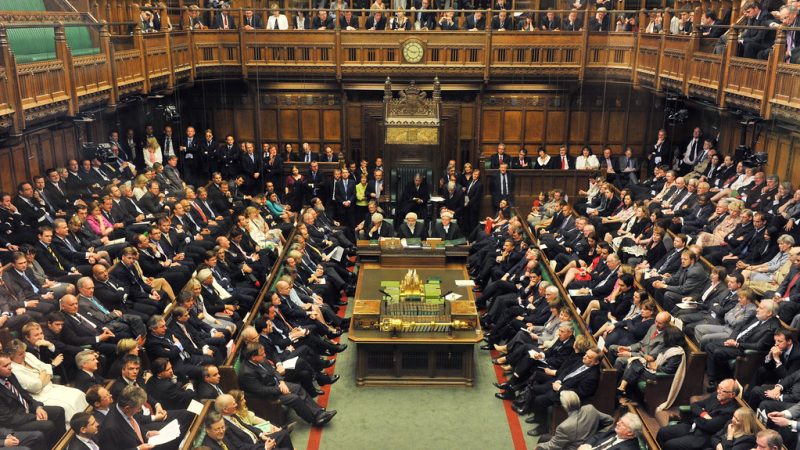The bill has been criticised by human rights groups and charities for its disregard for domestic and international law.

The Rwanda Bill is a flagship policy of Rishi Sunak’s government. The Prime Minister views the policy as key to stopping the small boat crossings, which was one of his five promises when he entered Number 10.
The bill, which aims to ensure the UK can deport asylum seekers to Rwanda, has thus far been hit with delays after the Supreme Court ruled last year that it could lead to human rights breaches. Rishi Sunak said the government would work on a new treaty with Rwanda and said he was prepared to change UK laws in order to push the policy through.
Sunak has brought forward emergency legislation, in a bid to force the policy through, compelling judges to treat Rwanda as a safe country and giving ministers the powers to disregard sections of the Human Rights Act.
The bill has been criticised by human rights groups and charities for its disregard for domestic and international law.
In the latest developments, the Commons yesterday saw Tory MPs vote down 10 amendments to the draft law proposed by the House of Lords earlier this month. Those amendments included scrapping the government’s plan to force judges to consider Rwanda as a safe country as well as preventing those who had served with or for the British armed forces from being sent to Rwanda if they arrived illegally in the UK.
MPs on opposition benches spoke in support of the amendments, with Labour’s shadow Home Office minister, Stephen Kinnock, saying: “They each serve to make this shambolic mess of a Bill marginally less absurd, and as I will come to in a second, they would serve only to put in statute what ministers have actually promised from that despatch box.”
What next?
With the Commons now defeating the Lords’ first attempt to amend the bill, what’s next?
The bill will now return to the Lords on Wednesday in a process known as “ping pong,” where MPs and peers will try and agree the final wording.
It’s expected that peers will try to reinsert amendments designed to prevent flights taking off. If peers cave in, then the bill could potentially become law by the end of this week.
If, however they decide to carry on fighting for amendments, it would cause further delays in the passage of the legislation. Should the Lords send the bill back to the Commons a second time — it could push royal assent past Easter. That would risk delaying flights into the summer.
Basit Mahmood is editor of Left Foot Forward
To reach hundreds of thousands of new readers we need to grow our donor base substantially.
That's why in 2024, we are seeking to generate 150 additional regular donors to support Left Foot Forward's work.
We still need another 117 people to donate to hit the target. You can help. Donate today.



